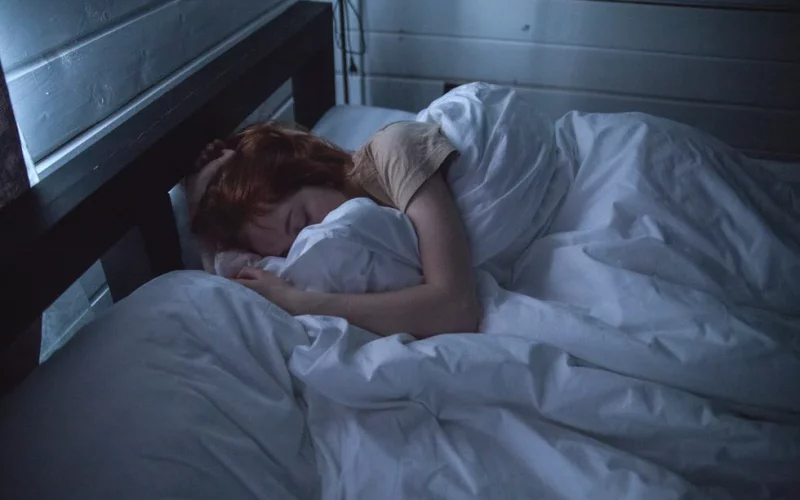Sleep disorders
Reading Time: 2 minutes

Sleep disorder is a very general term with varied manifestations and causes. Therefore, it is recommended to use the patient information of the German Sleep Society (DGSM). The information brochures available concern the following topics, (as of July 2017):
- Sleep in old age
- The specific sleep of women
- Sleep disorders in infants, toddlers, children and adolescents
- Shift work sleep disorder
- Problems with falling and staying asleep
- Restless legs syndrome and periodic limb movements
- The examination in the sleep aboratory
- Parasomnia (phased interruptions of the sleep process due to unusual physical events or behaviours, e.g. sleepwalking)
- Narcolepsy (neurological sleep-wake disorder; persons affected fall asleep also during the day in a sudden and uncontrollable way)
- Snoring
- Schnarchen
- Obstructive sleep apnea (sleep related breathing disorder, which leads during sleep -up to 100 times- to a collapse of the pharynx).
Sleep disorders are often caused by stressful situations whereby they can continue to exist due to the habituation effect, even if these stress factors are eliminated.
Firstly, it is advisable to comply with general rules of conduct for a healthy sleep. This includes, inter alia, abstaining from stimulating substances before going to bed, (coffee, nicotine, alcohol). Furthermore, a good sleeping environment includes a darkened, quiet room with enough oxygen and, of course, a comfortable bed, (or mattress).
The blue light of mobile phones, laptops, tablets etc. has also come into focus; they are supposed to make people feel tired again, (caffeine-like effect). The high percentage of blue colour in the light sends a signal to the pineal gland to release less melatonin. Melatonin is also referred to as a sleep hormone, it controls our day-night rhythm. Therefore, it is advisable to turn off these devices before going to bed.
Greek mountain tea has a calming and relaxing effect
Dr. Günter Harnisch comes, in his publication “Greek verbena”, in chapter “Sleep disorders”, to the following conclusion:
“In summary, it can be said that the Greek verbena, as a targeted naturopathic medicine, can help restore the balance of body and soul in sleep disorders. You do not need to worry about dependencies or side effects when using this remedy”.
This statement is supported by the examples of a case study of the IBAM GbR research institute published in the book. They describe the sleep disorders of a 69-year-old female patient who was taking Greek mountain tea daily for a period of 6 months and was having a good sleep mostly at night, or was falling asleep again faster when she was waking up (Source: Greek verbena, healing for the brain: Helps in anxiety, Alzheimer’s, ADHD, depression and sleep disorders, author Dr. Günter Harnisch, published by VAK Verlag 2nd edition 2013).
As an alternative to the daily intake of Greek mountain tea over a longer period, it is recommended to take a Sideritis scardica extract in case, in particular, sleep disorders reappear as a consequence of going to the toilet at night after the consumption of tea in the evening.

